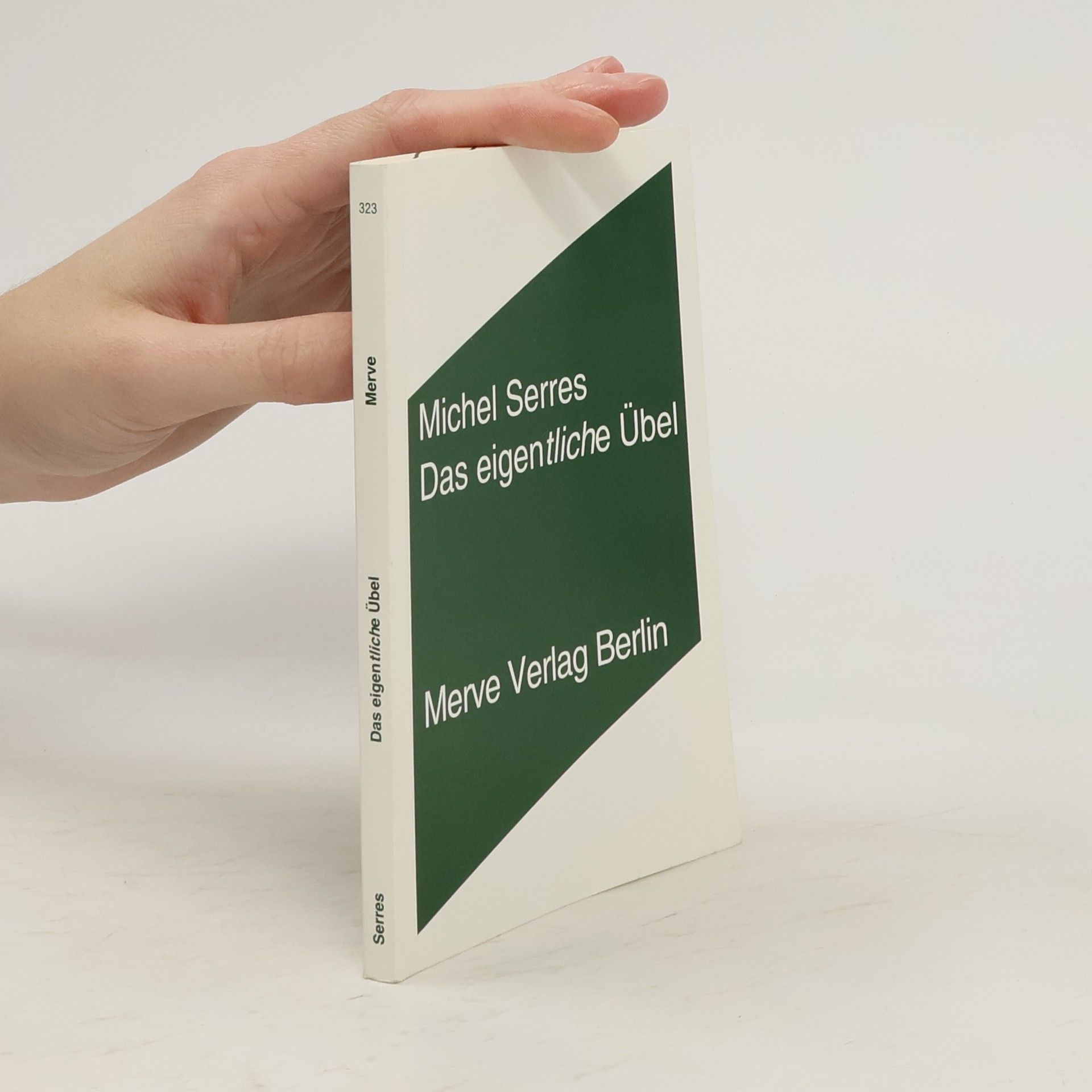Vyjasňování : pět rozhovorů s Brunem Latourem
- 192 pages
- 7 hours of reading
Rozhovory shrnuté pod názvem Vyjasňování spolu vedli Michel Serres (1930–2019) a Bruno Latour (1947–2022) na začátku 90. let. O generaci mladší Latour se v nich staršího filosofa s respektem dotazuje na pozadí jeho díla i života a zároveň se neústupně dožaduje vyjasnění jeho rozsáhlého a složitého myšlenkového světa. Vznikl tak napínavý dialog, který od počátečního kroužení kolem východisek Serresova myšlení a jeho vztahu k epistemologii a dobovým filosofickým proudům dochází k pronikavému pohledu na současný svět, dotýká se otázky zla a morálky a dodnes neztrácí svou živost a aktuálnost. Michel Serres představuje zvláštní postavu francouzského myšlení, která stála stranou ústředních tendencí a diskuzí. Rozhovor poprvé vyšel v roce 1992, poté co Michel Serres vydal dvě ze svých ústředních knih – Přirozenou smlouvu (1990) a Poučeného třetího (1991). V první z nich se objevným způsobem věnuje ekologické problematice a v mnohém předznamenává pozdější ekologické myšlení, ve druhé zdůrazňuje důležitost všestranného vzdělání, které neopomíjí exaktní ani humanitní obory a staví na jejich propojení. Dílo Bruna Latoura v mnohém navazuje na tyto Serresovy podněty.








